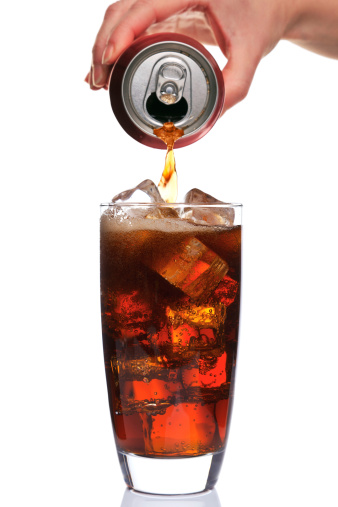
Drinking Soda Leads to Behavioral Problems
A recent study published in the journal Pediatrics and led by researchers at the Mailman School of Public Health at Columbia University found that kindergarteners who drink soda every day have more behavioral issues than those who drink none. They investigated children from close to 3,000 families living in urban areas and discovered that as soda consumption increased, so did inappropriately aggressive behaviors. The worst offenders were those children who drank four or more servings of every day. These 5-year-olds were two times as likely as their peers to destroy property or to fight with other kids. They also struggled to pay attention more than children who were not drinking soda. It is important to understand that the study finding is a correlation. This means there is a relationship between soda drinking and aggression. It does not mean that one causes the other. So far there is no conclusive evidence that soda makes kids aggressive. The evidence just shows that there is some kind of connection between the two. The current research was an extension of previous work that found a similar correlation in older children. For the kindergarteners, the researchers focused on those who lived in single-mother households and who came from a lower-income bracket. The results were based on the reports of the mothers. Nearly half of them reported that their children drank soda every day, while 4 percent reported more than four servings a day. Even when the researchers accounted for other factors that could affect aggression, like domestic abuse, the mother’s education level and time spent watching TV.
Should Young Children Be Drinking Soda?
While the correlational study cannot prove that soda makes kids aggressive, the connection is clear. What is also clear is that there is no good reason to allow 5-year-old children to drink it every day and certainly not several servings every day. Sugary drinks like soda have no nutritional value, and are big contributors to obesity, which is a growing problem among children. Study after study has driven the point home that soda leads to weight problems in children. From a health perspective, it is obvious that soda should not be a regular part of a child’s diet. Researchers are working to untangle the connection between these sugary drinks and behavior. It is still unclear what role sugar might play in aggressive behaviors, but a bigger concern for many experts is the caffeine found in many drinks. Studies have shown that caffeine can change hormone levels in the body, which could in turn affect a child’s brain that is still developing. Although all the details have yet to be worked out, for parents of young children, the message is clear: steer clear of soda. Give your children water, low-fat milk, fruit juice on occasion, and maybe soda as a special treat. Soda may or may not cause aggressive behaviors, but it is definitely not good for the health and well-being of young children. For that matter, soda is not good for adults either. If parents model good choices when it comes to choosing drinks, children will follow suit.
